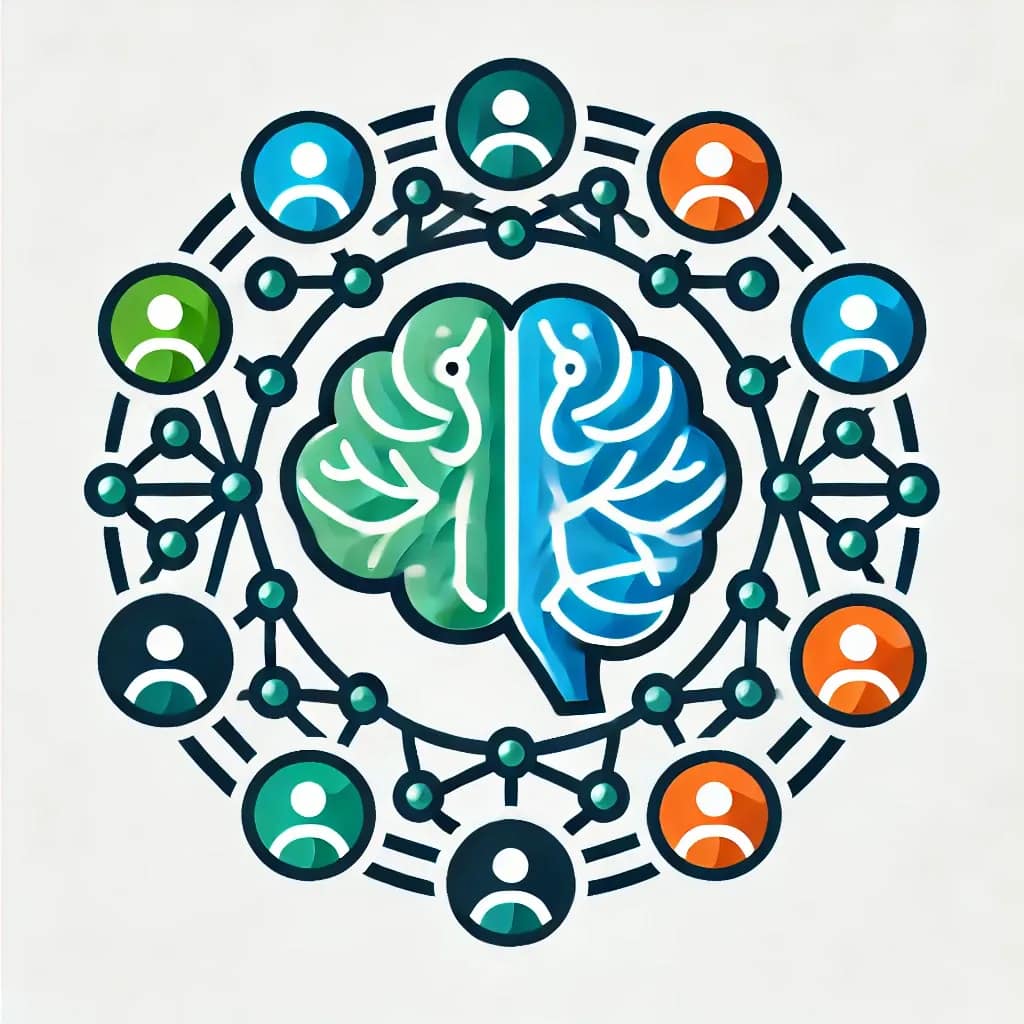Article Advanced with ChatGPT’s Assistance (This article is an updated version of v1.0 — in which I got my thoughts and ideas down in text without much editing/rewriting. I asked ChatGPT to “make this article better,” and I think it did make it generally “better” by creating a more succinct version. However, this version has less of my personal voice, rhythm, and the instances of slight sarcasm/humor). Bridging AI and Social Cognitive Theory in Leadership Development Inspiration for this article: The idea for this article emerged when my brother sent me an AI-generated leadership piece. The article made claims and provided recommendations for leaders but lacked citations or research to back up its assertions. While such quick reads might offer a daily dose of leadership inspiration, I couldn’t ignore how much of it seemed like “fluff.” What if a leader implemented advice from such an article, only to be questioned on its validity? Would an AI-generated response suffice in explaining the “why” behind it? Is an AI article a reliable source? These questions highlight the need for a deeper understanding of where AI-derived insights are coming from and what research they’re based on. Are these systems pulling from reputable sources like academic journals, Harvard Business Review, or are they scraping content from private blogs? Furthermore, how do they handle conflicting studies, sample size variations, and other research intricacies? Questioning AI-Developed Leadership Support Systems: AI systems in leadership development aim to bridge the gap between academic insights and practical application. However, they should be seen as tools, not definitive solutions. For example, while AI can help me grasp basic concepts in my brother’s engineering field, it doesn’t make me an expert ready to apply these concepts in real-world scenarios. This caution also applies to leadership. AI-written articles might offer useful summaries, but they often lack the depth and continuity needed to build a comprehensive understanding. Integrating Social Cognitive Theory in Leadership Development: What if leadership articles were more closely aligned with social and psychological research? Instead of offering quick, one-off pieces, they could gradually build on complex concepts within fields like Industrial and Organizational Psychology or Sociology. One theory that stands out for its potential to enhance leadership understanding is Social Cognitive Theory (Bandura, 2023). Social Cognitive Theory (SCT) explores how norms are created through individual learning and social feedback. Despite its straightforward language, SCT does not shy away from the complexities of human behavior and social systems. It’s relevant to a wide array of leadership topics, from shaping organizational culture to fostering individual self-development. SCT frames human agency as an interactive model, where individuals are driven by inner willpower and influenced by their social environment (Walsh, 2024). It also underscores humility, focusing on self-regulation, self-reflection, and the capacity to learn from personal experiences and observations. By understanding SCT, leaders can gain insights into differences in self-efficacy among individuals, helping them identify and implement more effective interventions within their organizations. Building a Strong Foundation for Leaders: Of course, this brief introduction doesn’t do full justice to the theory’s complexity. It’s important to build a solid foundation of understanding before leaders can effectively apply these concepts. Moving forward, I aim to write a series of concise, accessible articles that delve into Social Cognitive Theory and its relevance to leadership. Think of it in terms of machine learning: just as we train models by gradually introducing more complex data, leaders can benefit from a step-by-step approach to learning SCT. Concluding Thoughts: AI can be a helpful starting point for leaders interested in Social Cognitive Theory. However, it’s crucial to recognize that understanding the complexities of human social behavior requires a gradual, paced learning process. This approach will enable leaders to develop a fuller understanding and more thoughtful application of these concepts in their organizational roles. Just as with machine learning models, building foundational knowledge is key to navigating more complex scenarios effectively.




